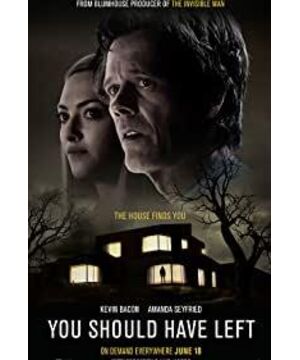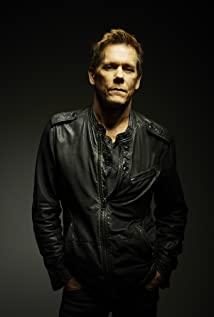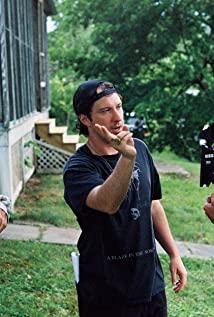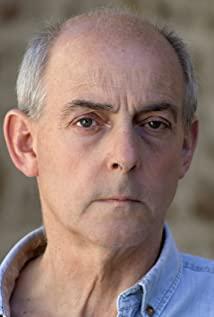The title of the movie is not very off the mark. This movie is about another way of whitewashing a villain. From the foreshadowing in the early stage of the movie, it can be seen that the male protagonist is a somewhat problematic person, possessive, suspicious, and doing mental therapy by himself.
So what caused his anxiety? And why is he afraid of being in contact with people, afraid of being recognized? Why did he say he was a dangerous person? These suspenseful settings in the early stage are still very interesting.
Later, they came to this country mansion far away from the hustle and bustle, and the female lead told the story of the male lead.
So is he innocent? Anyway, it can be seen from his various performances that he may not be so innocent.
This is a house in question, a house in which time and space are confused. The male protagonist was tortured by the nightmare created by this house. When the three of them decided to leave, the male protagonist found out that the female protagonist had cheated on her, so after he drove her away, the climax of the movie came, and the room revealed its original Faces, under the narration of the commissary owner, we know that this is a house that devours people's souls--guilty people.
But in order for his daughter not to be trapped here, the male protagonist tried his best to leave, but it was useless. For the sake of his daughter, he was willing to be swallowed by the house, and the house made by this demon would let his daughter leave.
In the end, he personally admitted that he killed his ex-wife and forced the heroine to leave with her daughter.
The male protagonist is a good father. He loves his daughter very much and doesn't want her to be hurt a little, no doubt about it. But the truth is that he is a murderer. I don't think the reason why he killed his ex-wife was made clear in the movie, because of hate? Why hate? No specific reason was given. But he escaped legal punishment, but he couldn't pass the psychological barrier. He lived under the shadow of that incident and lived a life full of holes. Therefore, when the movie finally trapped his house, it can also be said that the demon in his heart was a prison, so that he could not be freed.
There is a real truth to this story.
The wicked can kill those who don't love indifferently, and those who love can sacrifice selflessly. This relative extreme is actually quite scary.
To be honest, I think the role of the heroine is optional. But the male protagonist has already died as his wife, and if another one dies, it will not be easy to clean up.
View more about You Should Have Left reviews











